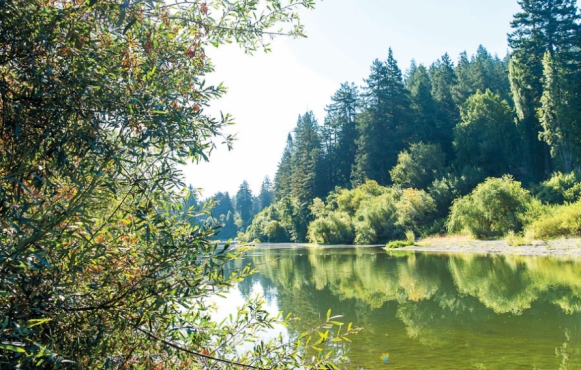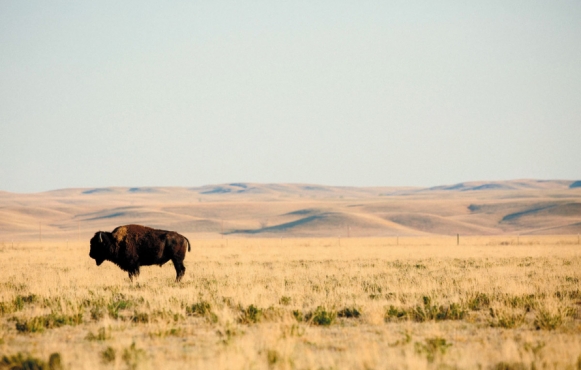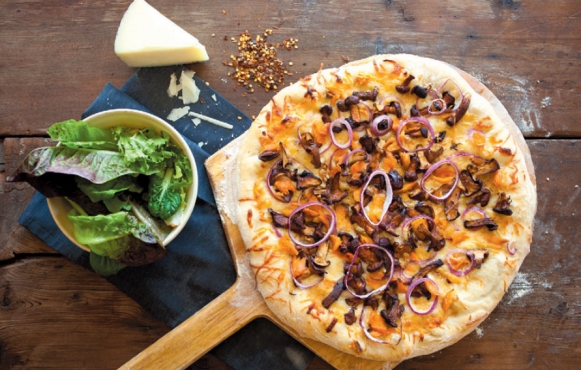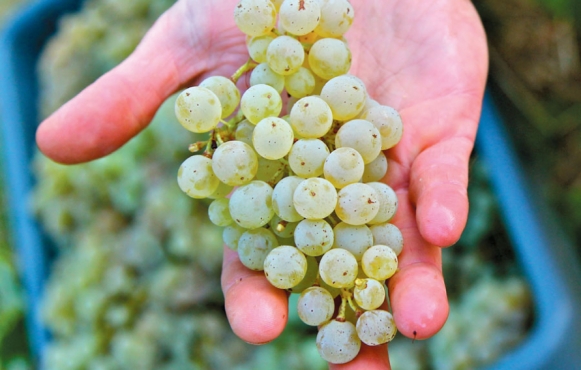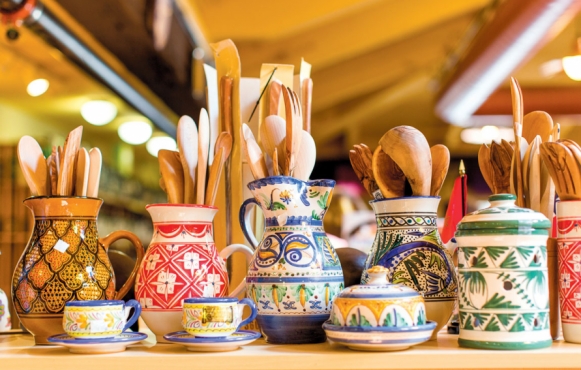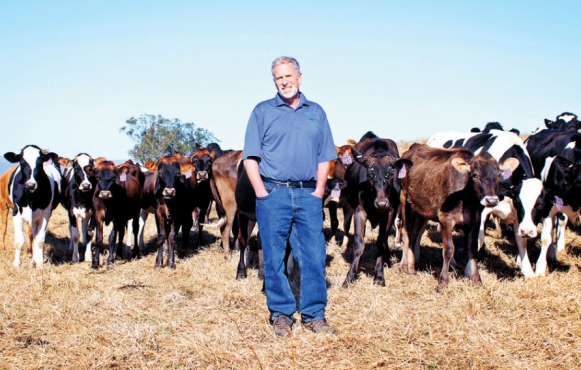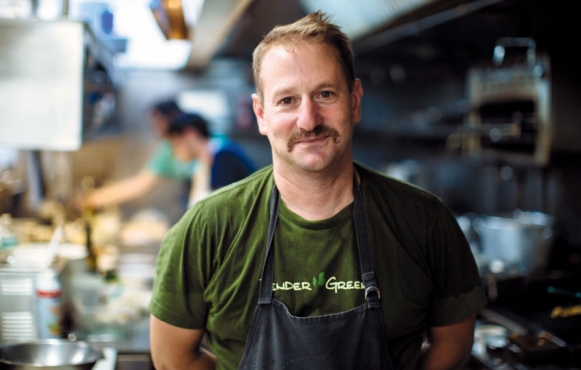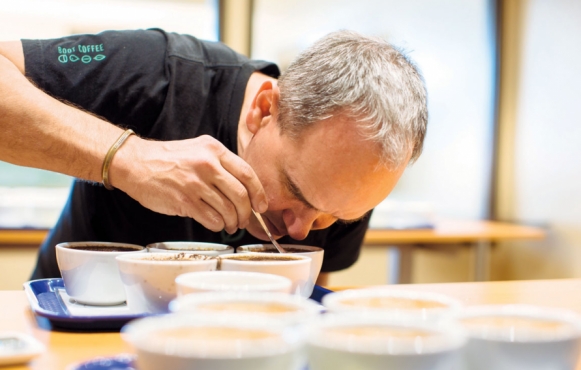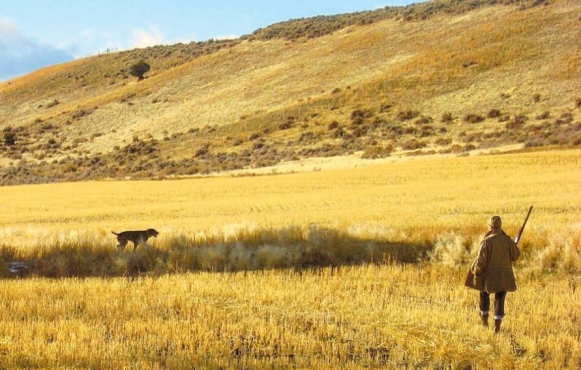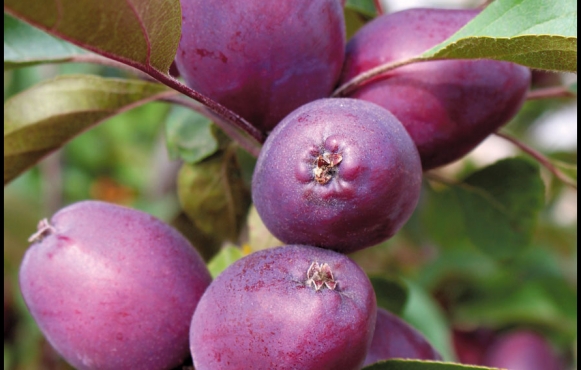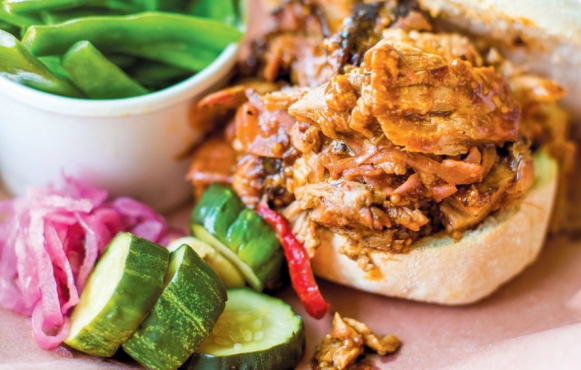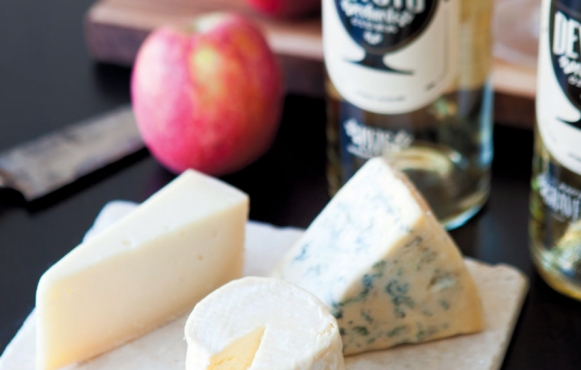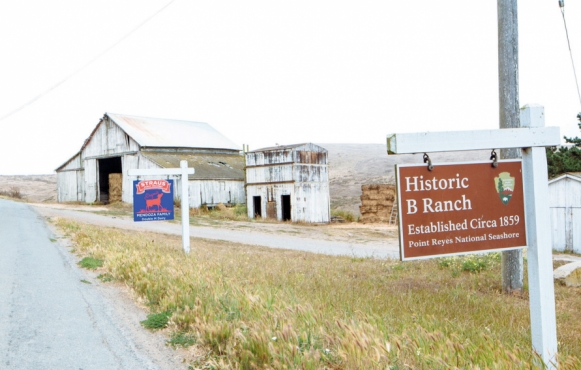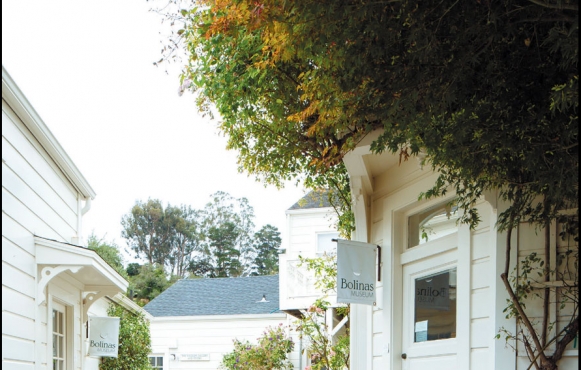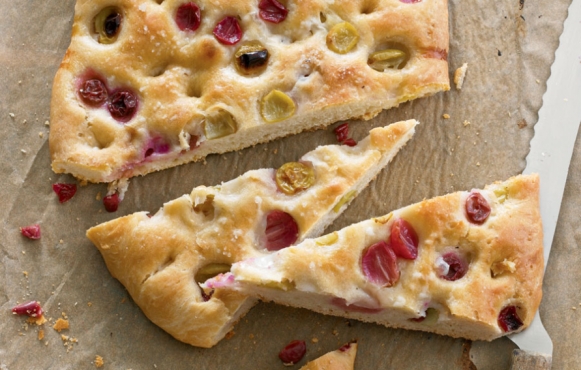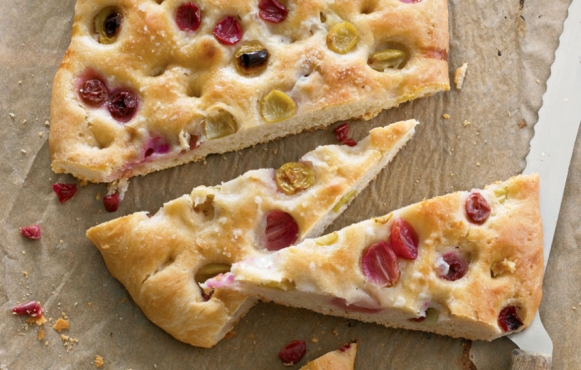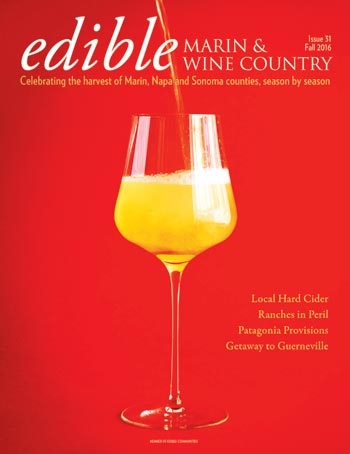
Edible Marin & Wine Country Issue #31 - Fall 2016
Why should conservationists have a positive interest in ... farming? There are lots of reasons, but the plainest is: Conservationists eat.
If conservationists will attempt to resume responsibility for their need to eat, they will be led back fairly directly to all their previous concerns for the welfare of nature.
The longstanding division between conservationists and farmers, ranchers and other private smallbusiness people is distressing because it is, to a considerable extent, false.
—Wendell Berry, American novelist, poet, environmental activist, cultural critic and farmer
Peruse the pages of Edible Marin & Wine Country every issue and you will undoubtedly find feel-good stories about talented and hardworking people in our area who are lovingly crafting delicious eats and drinks for our dining pleasure. And beautiful photographs of those folks, and of the fruits of their labor. Not to mention images of this stunningly beautiful place, dotted throughout with pastoral vistas, that we are blessed to call home.
We have plenty of these for you in this issue. We also have a feature story on the recently filed lawsuit that threatens the existence of 27 ranches located in what is now the Point Reyes National Seashore. These ranches, including six certified organic dairy ranches that supply milk to local dairies like Straus Family Creamery (which, in turn, supplies milk to artisan cheesemakers like Cowgirl Creamery), predate the designation of the area as a national park. Many of the families who operate these ranches have been there for multiple generations. Their longtime stewardship of that land is evident in its desirability as a national park, and the continued enjoyment of the seashore by millions of annual visitors. All in harmonious coexistence with California’s popularly famous “happy cows.”
I was the leader of the Marin County–Petaluma chapter of Slow Food from 2001 until I started this magazine in 2009. During that time, England’s Prince Charles visited the farms and ranches of West Marin, drawn here by our area’s world-renowned reputation as an incubator and supporter of innovative sustainable and organic farming practices. Marin-based nonprofits like Marin Agricultural Land Trust, Marin Organic and the Marin Carbon Project share their expertise and experience with communities all over the world.
The rances threatened by this lawsuit constitute 20% of both the agricultural land and the total agricultural production in Marin County. Without them, and the infrastructure they contribute to the support of, what happens to the rest?
The three environmental groups that filed the lawsuit question the ability of agriculture and “nature” to coexist. As I travel through West Marin, as well as much of Sonoma and Napa counties, I see first hand the fallacy of this concern.
We all eat. Our food has to be produced somewhere, and hopefully not in a test tube. One of the plaintiffs’ stated issues in the lawsuit is that some of the ranchers in the Point Reyes National Seashore have petitioned to diversify their farms, including the planting of row crops. 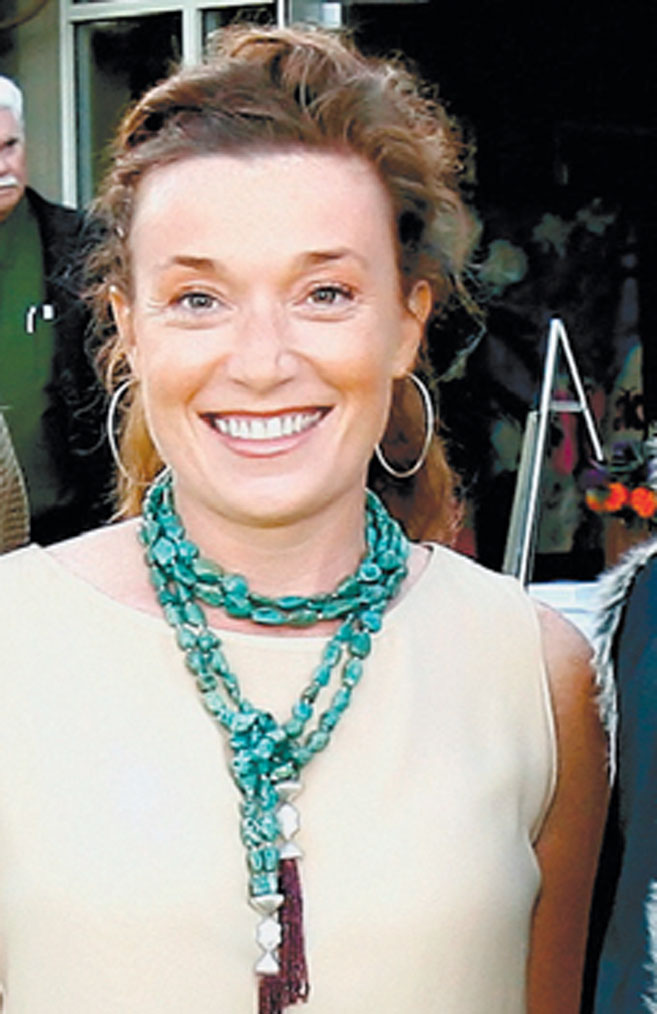
I say, let’s work with the farmers and ranchers in our area to continue and even further their stewardship of our land and serve as an example of how nature and agriculture cannot just coexist, but thrive. Let’s hold them to high standards of sustainable agricultural practices, and then support their efforts by purchasing the food they produce. I cannot think of a more appropriate place for that to happen.
This is not a matter of having to choose agriculture over nature. Or vice versa. The opportunity is to champion and support those who are the stewards of both.
I encourage you to read Twilight Greenaway’s excellent article about the lawsuit, follow the frequently changing status of the suit through other media outlets that publish more frequently than we do, go see the happy cows in the Point Reyes National Seashore for yourself, and, if you so choose, let your voice be heard.


